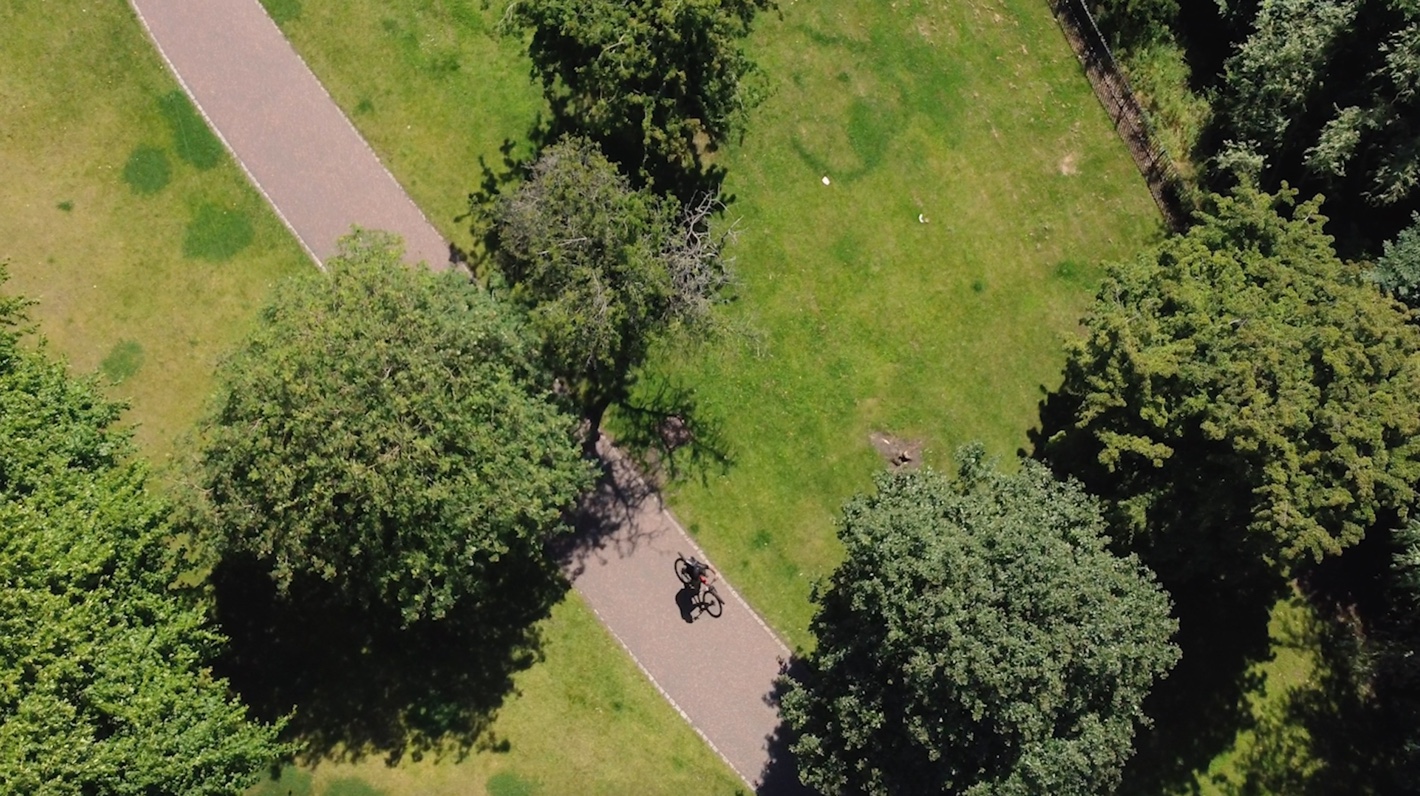
Take action on big biomass in Scotland
Did you know that across the UK as a whole, biomass accounts for a whopping 82.5% of renewable energy currently produced? At Friends of the Earth Scotland, we believe there is a space for small, community-owned biomass boilers making use of heat and using locally sourced wood.
But – take heed, readers, and take action: big biomass in Scotland a far cry from this romantic ideal. It is simply riding on the ‘clean and green’ image to try and attract heavy subsidies for renewable energy, which are currently up for review. Please get in touch with the Scottish Government soon to call for it to stop putting our money into this false solution.
Here are five myths about biomass that the Friends of the Earth Scotland team is working to dispell:
1. Biomass saves carbon dioxide emissions
Companies and governments who state that biomass produces less carbon dioxide than fossil fuels are doing their sums rather sneakily. They are conveniently failing to count a number of carbon inputs into the lifecycle of biomass from tree to smoke, including the emissions that occur from transporting the biomass around the world.
2. Biomass is efficient
Biomass power stations are around 25-30% efficient, with most of the energy lost as heat. This means that for every four trees burned, three are effectively ‘sacrificed’ in a cloud of smoke. Many argue that it would be better to make use of the heat produced by biomass power stations in what is known as ‘Combined Heat & Power’ (CHP) power stations. This is true – but unfortunately, companies are now trying to brand themselves as green by harnessing very minimal amounts of heat. To qualify as ‘CHP’ power stations, companies only have to achieve 35% efficiency levels.
3. Biomass is ‘sustainable’
The UK’s demand for bioenergy (biomass and liquid biofuels) is seeing large areas of land in the Global South bought up for profit. This is having an impact on people’s right to their land and to their food sovereignty. In fact, the UN has named the UK as the world’s third largest land grabbing country after China and Saudi Arabia! Biomass coming into Scotland will soon have to meet ‘sustainability criteria’ – but shockingly, the respect for human rights when harvesting biomass is not one of these criteria.
4. Biomass is forest-friendly
The world’s forests are dwindling year on year due to pressures from the paper and construction industries. Burning wood for energy adds a massive additional strain on global forests. If finance for biomass continues, the UK would need a whopping 60m tonnes of the stuff each year. Could we supply this from waste wood? The short answer is no – there are only 4.5m tonnes of waste wood being produced in the UK, which should arguably be recycled rather than being burned..
5. Biomass is clean
Burning biomass can produce toxic pollution, putting the public’s health at grave risk. Several areas within the UK are already in breach of EU recommended ‘safe’ standards for air pollution, including Dundee, Leith, and Grangemouth – where Forth Energy proposes to put its power stations.
The most sinister thing about biomass is that it is increasingly touted as the clean and green way that we can meet our renewable energy targets. We have plenty of potential for true renewables like wind, wave, tidal, and solar in Scotland. Let’s make sure that by tackling climate change through renewables, we are doing people and planet a favour – not the opposite.
